Should ABS Be Required on All Motorcycles?

Should ABS be required on all motorcycles?
An insurance industry group has opened a debate on whether lawmakes should make anti-lock brakes mandatory for new motorcycles.
The Insurance Institute for Highway Safety is appealing to the National Highway Traffic Safety Administration to make ABS standard on all new motorcycles in the United States. The IIHS, a non-profit organization funded by the insurance industry, collected data from 2003 to 2008 and claims motorcycles with ABS are 37% less likely to be in involved in fatal crashes. A similar study by the Highway Loss Data Institute, an affiliate of the IIHS, examined insurance claims, and found ABS-equipped motorcycles have 22% fewer claims for crash damage per insured vehicle year (i.e. one vehicle over 12 months, two over 6 months, etc.) compared to motorcycles without ABS.
According to Adrian Lund, president of the IIHS, the two studies present compelling evidence that antilocks reduce fatal crash risk and lower insurance losses.
The best motorcycle crash is one that never happens, says Lund. Traveling on two wheels instead of four is always riskier, but our new research shows that antilock brake technology can make motorcycle riding a much safer way to get around.
The American Motorcyclists Association issued a response, saying that while it supports the increased availability of ABS, it does not support making it mandatory.
Anti-lock brakes are already an option offered by motorcycle manufacturers for some models, and should continue to be an option, says Ed Moreland, AMA vice-president for government relations. But mandating anti-lock brakes for all motorcycles could lead to disaster.
Moreland notes ABS may increase the risk of a crash for off-highway motorcycles riding on trails. And while off-road motorcycles do not fall under the watch of the NHTSA, dual-sport motorcycles do. ABS might benefit dual-sport riders when they stay on the roads, but on dirt or gravel ABS may cause problems.
The AMA also questions the methodology behind the IIHS study. According to the AMA, the study fails to take into account factors such as the number of miles a bike is ridden, the traffic environment, and the age and experience of the riders.
The IIHS and the AMA locked horns before in the late 80s over the dangers of sportbikes. The IIHS released a similar study that convinced a U.S. senator to propose a bill to ban sportbikes. That earlier report also failed to account for other factors.
Its entirely possible that the report actually demonstrates that younger, less experienced riders are more prone to crash than older riders, regardless of the type of bike theyre riding, says Moreland. And thats true for all types of motor vehicles cars, trucks or motorcycles.
There is also the added cost of adding ABS to a motorcycle. BMW, which first introduced ABS to motorcycles in 1988 on the K100, and ABS is now standard on all K models. ABS is optional on all other BMW bikes, typically priced at about $1,000. The BMW S1000RR offers Race ABS and traction control as a single package option for $1,480. BMW says the S1000RRs ABS adds only 5.3 lb. to the bikes weight, compared to 22 lb. added with ABS for Honda s CBR sportbikes.
Honda began using ABS in motorcycles in 1992 with the ST1100. In 1996, Honda took that a step further, introducing combined ABS technology. Honda currently uses two different combined ABS systems, one for large scooters and another for large sportbikes and tourers. According to Honda, its combined ABS system provides 2.3 times the deceleration of conventional brakes when using only the brake pedal. Hondas ABS system is priced similar to BMWs. A 2010 Honda CBR600RR, for example, has a retail price of $11,199, but the ABS version has an MSRP of $12,199. In 2008, Honda announced it plans to install ABS on 250cc or larger on-highway motorcycles by the end of 2010. Time will tell whether Honda will reach that goal.
Another factor to consider in the ABS debate is the ability to turn the system on or off as needed. The ABS system on the BMW K1300S can be disabled at the press of a button, while the K1300GTs ABS system cannot be disabled. The typical $1,000 cost for ABS may also come down if it becomes required on all motorcycles. On the other hand, repair and servicing costs may increase as ABS brakes are more complex than traditional brakes.
Let us know what you think about this issue, readers, through the discussion link below.
Related Reading
2009 Honda CBR600RR C-ABS Review
2010 Honda CBR1000RR C-ABS Review
2010 BMW S1000RR Review
2009 BMW K1300S Review
2009 BMW K1300GT Review

Motorcycle.com presents an unrivaled combination of bike reviews and news written by industry experts
More by Motorcycle.com Staff



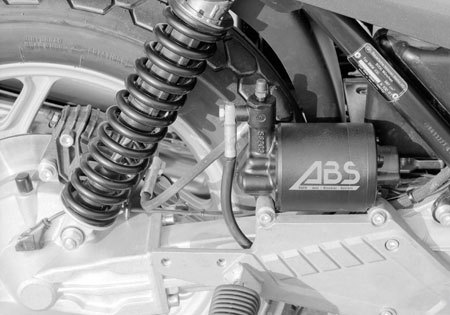



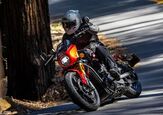
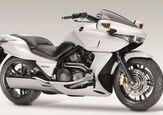
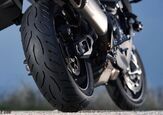
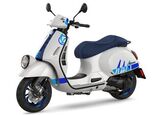
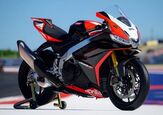
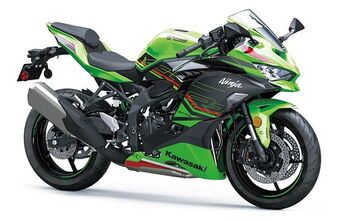

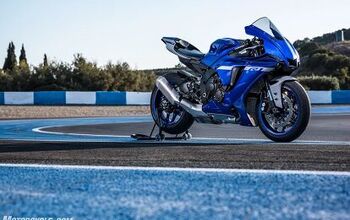
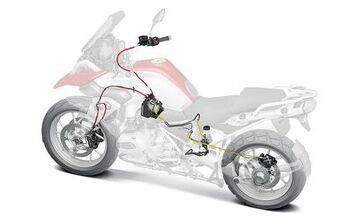
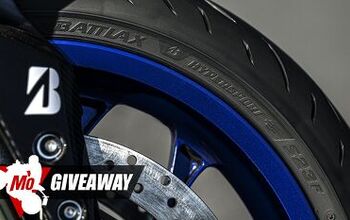

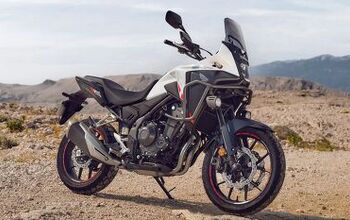

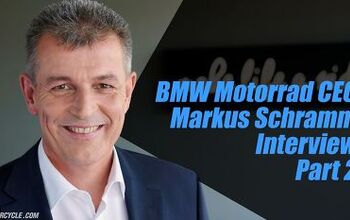

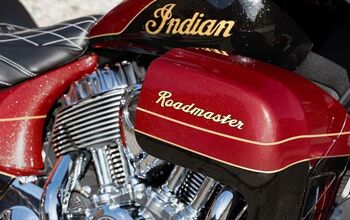



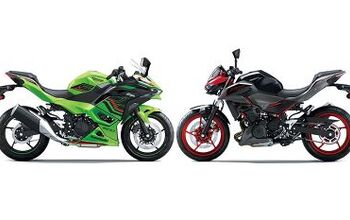

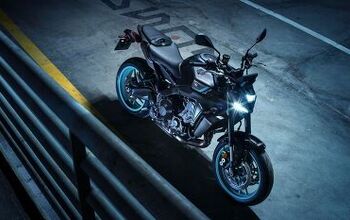
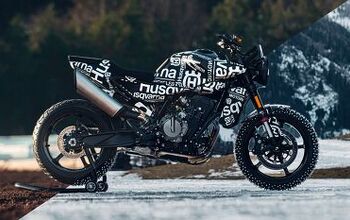
Comments
Join the conversation